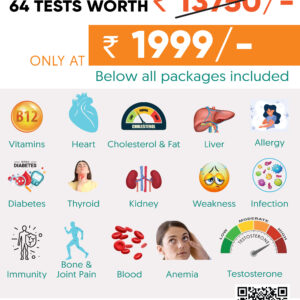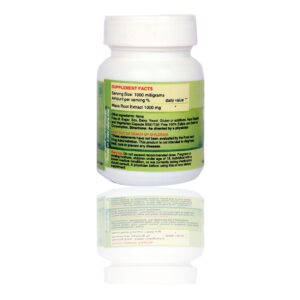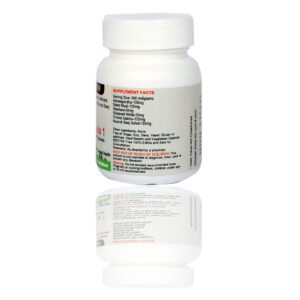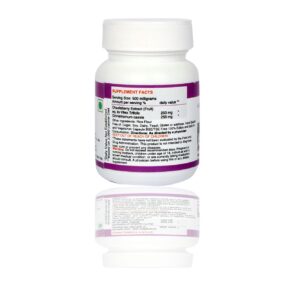Anemia is a condition that occurs when the amount of hemoglobin in a person’s blood drops below normal. A decrease in hemoglobin is often associated with a decrease in the number of red blood cells (RBCs). Hemoglobin is contained within RBCs and is necessary to transport and deliver oxygen from the lungs to the rest of the body. Without a sufficient supply of oxygen, many tissues and organs throughout the body can be adversely affected. People with anemia may experience fatigue and weakness and may lack energy.
Several routine laboratory tests may be used to help diagnose anemia as well as help to determine the underlying cause. These are listed below. Depending on the results of these, the medical history of the person, and signs and symptoms, other tests may be done as follow up to help diagnose the cause of anemia and to help guide treatment.
- RBC indices—these include mean corpuscular volume (MCV), mean corpuscular hemoglobin (MCH), and mean corpuscular hemoglobin concentration (MCHC). They give a healthcare practitioner information about the size of the red blood cells and the amount and concentration of hemoglobin in RBCs present in someone’s blood at that moment. For example, the size and hemoglobin concentration of RBCs can help with diagnosing anemia because those characteristics can vary for different kinds of anemia.
- Hemoglobin (Hb)—may be normal early in the disease but will decrease as anemia worsens
- Red blood cell indices—early on, the RBCs may be a normal size and color (normocytic, normochromic) but as the anemia progresses, the RBCs become smaller (microcytic) and paler (hypochromic) than normal.
- Average size of RBCs (mean corpuscular volume, MCV)—decreased
- Average amount of hemoglobin in RBCs (mean corpuscular hemoglobin, MCH)—decreased
- Hemoglobin concentration (mean corpuscular hemoglobin concentration, MCHC)—decreased
- Increased variation in the size of RBCs (red cell distribution width, RDW)
- Serum iron—the level of iron in someone’s blood, which is usually decreased
- Ferritin—a protein used to store iron; the small quantity of ferritin that is released into the blood is a reflection of the amount of stored iron in the body and is usually low with iron deficiency anemia. It is considered to be the most specific test for identifying iron deficiency anemia, unless infection or inflammation are present.
- Transferrin and total iron-binding capacity (TIBC)—transferrin is a protein that binds to and carries iron through the blood; TIBC is a reflection of how much transferrin is available to bind to iron. In iron deficiency anemia, the transferrin level and TIBC are high.
Lactate Dehydrogenase (LDH) Test
LDH plays an important role in making your body’s energy. It is found in almost all the body’s tissues, including those in the blood, heart, kidneys, brain, and lungs. When these tissues are damaged, they release LDH into the bloodstream or other body fluids. If your LDH blood or fluid levels are high, it may mean certain tissues in your body have been damaged by disease or injury.
other than these test other test includes: Vitamin test; usually vitamin B12, D and Folate deficiency will be associated with anemia which cause neurological issues along with other conditions. diabetic Liver function, kidney function, electrolyte, Toxic elements (9), arsenic, barium, cadmium, cobalt, chromium, caesium, mercury, lead, selenium performed in this package.









